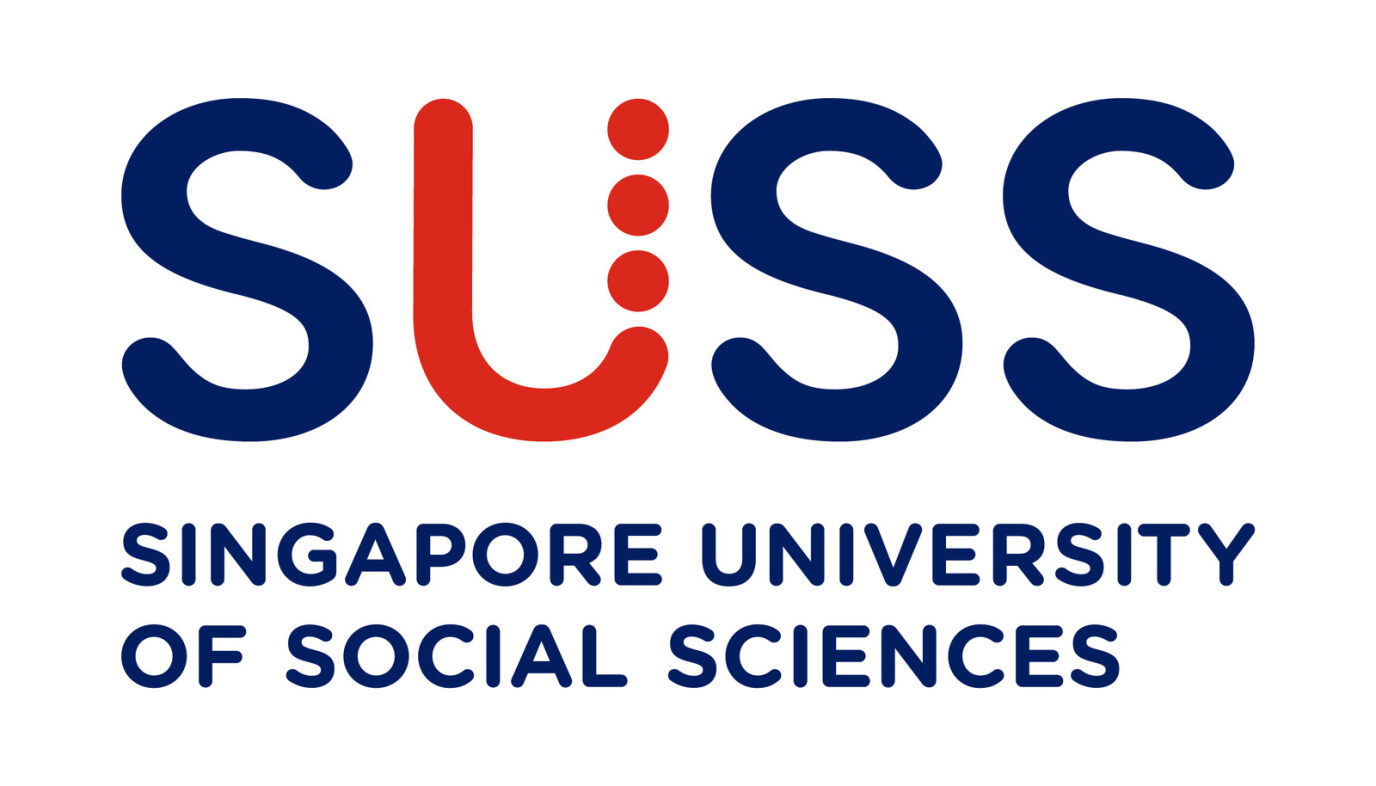Interested applicants are invited to apply directly at the NUS Career Portal.
Your application will be processed only if you apply via NUS Career Portal.
We regret that only shortlisted candidates will be notified.
Job Description
The Experimental Marine Ecology Laboratory (EMEL) within the Department of Biological Sciences at the National University of Singapore is seeking to appoint two Research Assistants to work on a major new project “Shore Protection with Integrated Nature-based Solutions—Eco (SPINS-Eco)”. This interdisciplinary research aims to determine the optimal conditions for mangrove, seagrass, coral, and macroalgal establishment and growth within hybrid coastal protection systems in Singapore.
The main responsibilities of the position include:
• Assist in designing and executing protocols to quantify biophysical conditions of both modified and natural tropical coastal habitats
• Carry out intertidal and subtidal biodiversity surveys
• Conduct growth and stress experiments
• Coordinate with sister projects: “SPINS-Hydro” and “SPINS-Meta”
• Prepare research manuscripts, reports, and presentations
• Assist in administrative work to support the project
Qualifications
Applicants should have completed a bachelor’s degree in life sciences, marine biology, ecology, geography, environmental studies, or other similar discipline. We may also consider applicants with degrees in engineering, architecture, or landscape design. The candidates should have strong passion for marine-related research. Research skills including species identification, statistical analysis, writing abilities, as well as the capacity to work within a diverse group of ecologists and marine scientists, are desirable. Candidates with experience in hybrid shorelines, ecological engineering, and related nature-based solutions will be given priority.
Qualifications:
Hold a bachelor’s or master’s degree in life sciences, marine biology, ecology, geography, environmental studies, or other similar discipline. We may also consider applicants with degrees in engineering, architecture, or landscape design.
Skills:
Experimental design and analysis (including expertise in R)
Strong written and interpersonal communication skills
Excellent time and resource management
Experience:
Ability to conduct experimental work in field, lab, and aquaria
Familiarity with nature-based solutions/ecological engineering
Certified and experienced scuba divers would be preferred
























